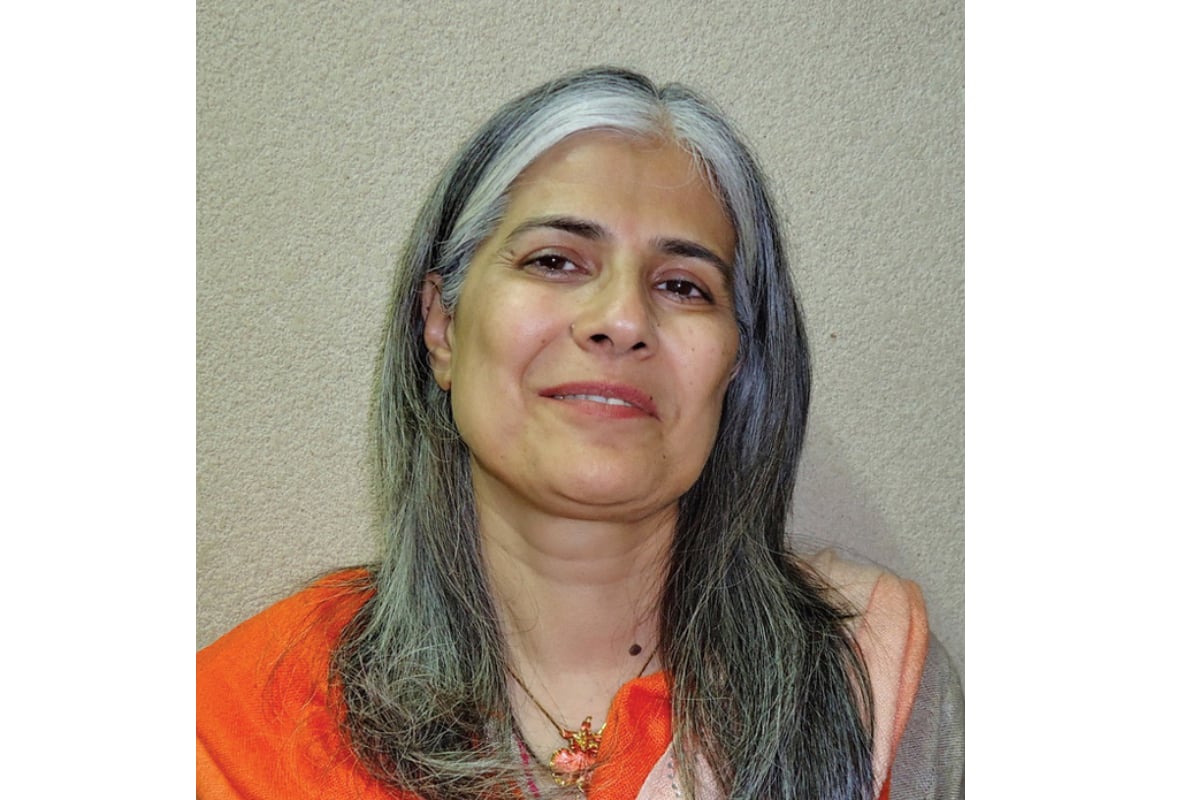
‘We are asking nature to punish us by ignoring its warnings’
Journalist and environmental activist,
Afia Salam
Afia Salam is a veteran journalist and a media development specialist. She writes on climate change, the environment, gender and media ethics, among other social issues. This week, she talks to Bol News about the ongoing floods across the nation from an environmental and climate perspective, shedding light on some of the far-reaching and long-term impacts of such disasters. Following are excerpts from her interview;
According to the World Bank, the uncertainty around climate hazards including, glacial melt and increased rainfall, means that approximately 1.5 million people will be affected by floods by 2030 in Pakistan. What are some of lasting impacts of this?
Afia Salam: The impacts are going to be huge. It will drive the GDP into the negative and there will be a huge human tragedy. At present the country is suffering from rain induced flooding, and river floods haven’t even started. If both come at the same time, or one after the other, there will be barely any space to recover. There will be massive infrastructural damage, billions of rupees required for relief efforts, and the social fabric of the nation will suffer due to mass displacement of people who might struggle to assimilate into settled areas where they relocate, while remaining unable to return to their original homes. Pakistan, is a very vulnerable country that is trapped for resources, and our governance system is just not working.
Since the early 2000s, there has been talk of reinvigorating existing and creating new critical infrastructure including, dams, barrages, irrigation networks, and river embankments, to mitigate the country’s vulnerability to flooding. However, at present this vulnerability still remains high. Why is this?
AS: This vulnerability remains high because we have not done our preparation and we have not invested in climate-proofing our infrastructure. In Balochistan, most of the dams have been swept away, all of the roads have been swept away, all of the bridges, most of which had only been built recently, have been swept away.
The IPCC has indicated that the frequency and intensity of extreme weather events, particularly floods, are expected to increase in the next few decades. How can resource deprived areas of the country be protected from calamities in the future?
AS: It’s not just the resource deprived areas of the country that are facing these calamities. Karachi, the biggest and richest city, is in shambles. So it’s not just about resources not being available. This calamity we are facing right now is of a magnitude that even the richest countries would find themselves struggling to meet with it. We require international collaboration, cooperation and financial help to deal with it. However, generally, we have not been allocating resources where they should have been allocated. Palatial development projects and houses are being built across the city, without proper planning. In the first place there must be land-zoning, developers should not be allowed to encroach on the natural drainage or misuse agriculture land. Floods are more damaging because we have people living in the flood-plains. If the waters were allowed to flow freely these floods would not have caused as much damage as they have. However, when bridges and roads are built in the path of ‘high-points’ that climate scientist have warning against for years, then massive damage occurs. In urban areas we see human settlements right on the path of the natural drains of rivers. So we are actually asking nature to punish us, by ignoring its warning and the way it works. Instead of being in sync with nature we are actually in conflict with it. It is because of human-made reasons that we are facing the kind of losses we see right now. Unless we pay due attention to the unknown factor of climate change and prepare for the worst case scenario, disasters like this will continue to occur.
Why is the country’s existing approach to natural disasters, particularly floods, not proving effective?
AS: At present we have already degraded our environment to an extent that when climate change comes into the mix, then we are left helpless, saying that the calamity is too big, and blame nature. I don’t agree with those who leave all the blame at the door of climate change, because climate change on its own is one thing, but what we are doing to exacerbate the situation is our own doing and we need to take a look at that.
We need to pay more attention to the science of climate change, the predictions and projections by international bodies and our own scientific organistations. We need to see which areas are most affected, what the likely disasters may occur and plan accordingly.
Catch all the National Nerve News, Breaking News Event and Latest News Updates on The BOL News
Download The BOL News App to get the Daily News Update & Live News.












 Read the complete story text.
Read the complete story text. Listen to audio of the story.
Listen to audio of the story.